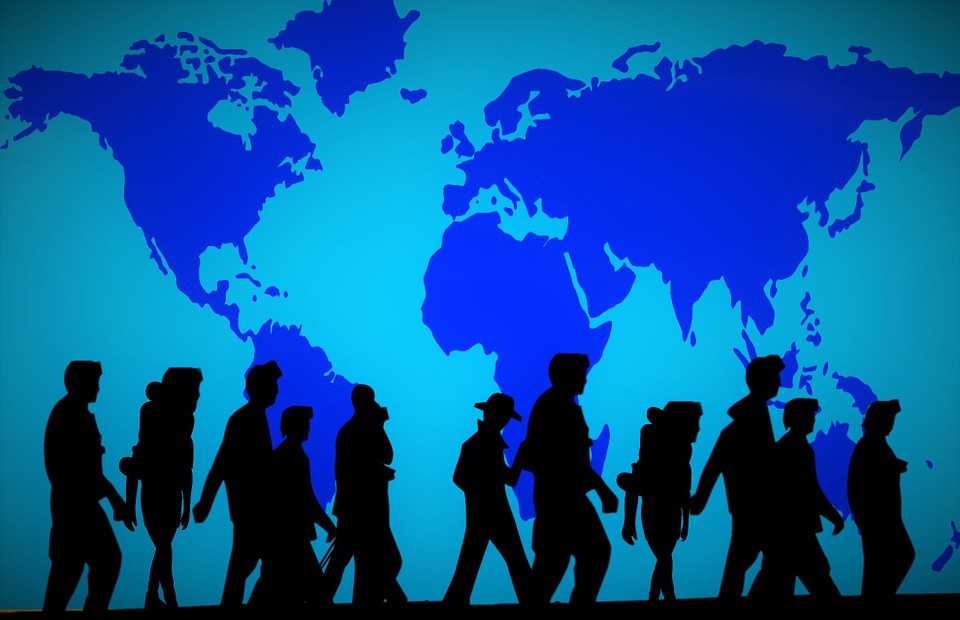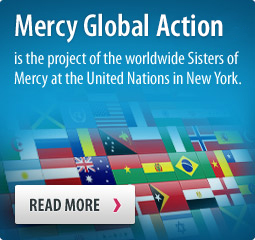
An Update on the Global Compact on Migration
Reports: November 17, 2017
On 12-13 October, the United Nations office in Geneva held the last thematic session towards a Global Compact on Migration. This last session focused on "irregular migration and regular pathways, including decent work, labour mobility, recognition of skills and qualification and other relevant measures".

In preparation for the session, the Issues Brief (15pps, PDF), produced by Ms. Louise Arbour, Special Representative for International Migration, with the support of the International Organization for Migration (IOM), described the nature of irregular pathways of migration and ways in which Member States can work towards mitigating the challenges. Together, they sought to expose the interplay between the informal economy and irregular migration patterns and how specific labor migration policies can best address this overlap. Ms. Louise Arbour emphasized this in her statement (7pps, PDF) during the opening session, along with the stark realities that full implementation requires multiple layers of cooperation between Member States at various levels.
Many faith based organizations and other NGO's were present to provide input for this last session, including members of the NGO Committee on Migration, in which MIA GA at the UN is a member. The NGO Committee on Migration submitted a response to the Issues Brief (2pps, PDF) noting concrete examples for a human rights based approach to migration, as well as ways in which UN Member States must respond to enhance existing pathways of migration and labor mobility schemes.
The response urged Member States to "protect the human rights of migrant workers... Ratify the International Convention on the Protection of the Rights of All Migrant Workers... Develop a Global Compact through which they commit to require that all employers institute ethical recruitment processes aligned with the ILO's International Recruitment Integration System... Keep in mind that the primary aim of readmission and reintegration processes should not be to deter re-migration... Implement non-discrimination policies... [and] Establish strong protections for all migrant workers". We aim that the compact directly responds to issues of human rights, sustainable development, the transit and destination of migrants, and the mobility of labor in a way that is both "actionable and accountable".
What are the next steps towards a Global Compact on Migration? As the consultations phase with thematic sessions have now come to an end, the Global Compact on Migration has now entered a stocktaking phase to take stock of the inputs of Member States and Civil Society that have been received during the consultation phase. The co-facilitators of the process, Ambassadors of Mexico and Switzerland, will then create a zero draft of the global compact which will be released in February of 2018. It is during this time that we hope to discuss our input and recommendations for the commitments detailed within the compact, as well as its implementation, directly with UN Member States to ensure their inclusion in the draft.
Watch Panel 1: Irregular migration and regular pathways (2:41:46)
Watch Panel 2: Decent work and labour mobility (2:53:55)
Watch Closing Remarks: by the Co-facilitators (44:56
Messages to: Angela Reed rsm - MIA Coordinator at the UN - Mercy Global Action




